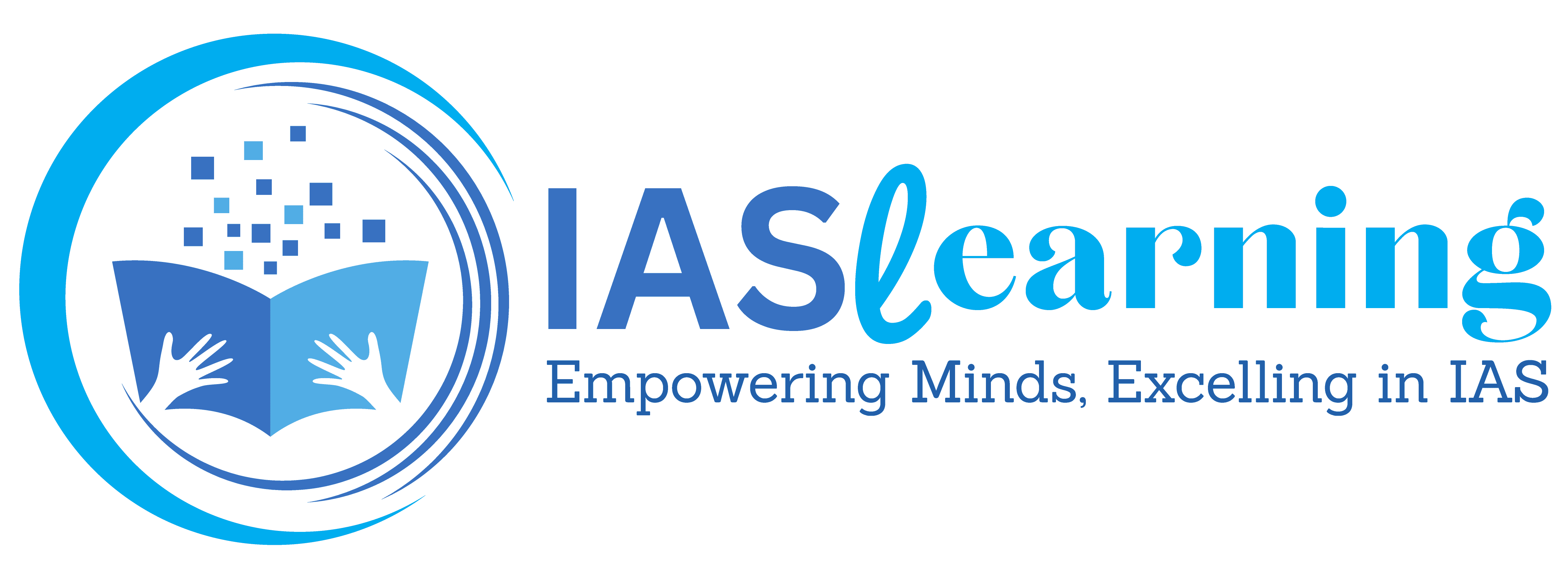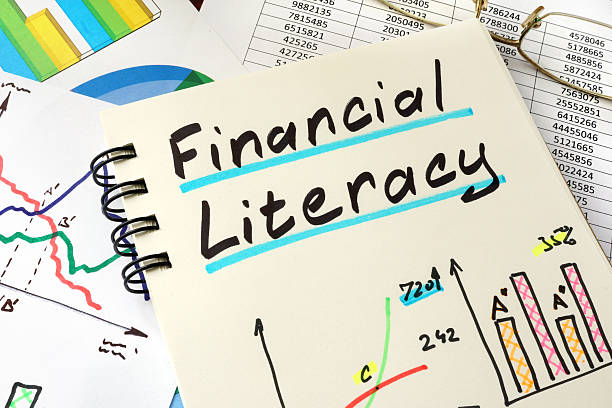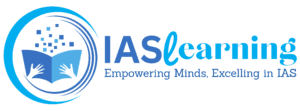Financial Literacy
Financial literacy is a critical life skill that empowers individuals to make informed and effective decisions regarding their personal finances. It encompasses the knowledge and understanding of various financial concepts, such as budgeting, saving, investing, debt management, and retirement planning. In this article, we will explore the significance of financial literacy, its impact on personal financial well-being, and strategies for improving financial literacy to achieve financial stability and success.
The Importance of Financial Literacy
Financial literacy is essential for several reasons:
1. Financial Empowerment:
A strong foundation in financial literacy provides individuals with the knowledge and confidence to take control of their financial lives. It allows them to set and achieve financial goals, make informed decisions, and navigate financial challenges effectively.
2. Avoiding Financial Pitfalls:
Financial literacy helps individuals recognize and avoid common financial pitfalls, such as excessive debt, high-interest loans, and risky investments. It equips them with the tools to make sound financial choices.
3. Financial Security:
By understanding the principles of saving and investing, individuals can work toward building financial security. Financial literacy enables them to create emergency funds, save for major expenses, and plan for retirement.
4. Consumer Awareness:
Financially literate individuals are better equipped to evaluate financial products and services, such as loans, credit cards, insurance policies, and investments. They can make choices that align with their financial goals and needs.
5. Debt Management:
Effective debt management is a key aspect of financial literacy. Understanding how interest rates work and developing strategies to reduce and manage debt can lead to financial freedom.
6. Investment and Wealth Building:
Financial empowers individuals to make informed investment decisions, potentially increasing their wealth over time. It allows them to diversify their investments, assess risk, and understand investment vehicles like stocks, bonds, and mutual funds.
7. Retirement Planning:
Planning for retirement is a complex process that requires financial literacy. Knowing how to save, invest, and maximize retirement account benefits is essential for achieving a comfortable retirement.
Financial Literacy and Personal Financial Well-Being
The impact of financial literacy on personal financial well-being is profound. Here are some ways in which financial literacy influences individuals’ financial lives:
1. Budgeting and Saving:
Financially literate individuals are more likely to create and stick to a budget. They understand the importance of living within their means, setting financial goals, and consistently saving a portion of their income.
2. Debt Management:
Those with financial are better equipped to manage and reduce debt. They understand the implications of different types of debt, such as credit card debt or student loans, and develop strategies to pay them off efficiently.
3. Investing and Wealth Accumulation:
Financial literacy empowers individuals to make informed investment decisions. They can identify opportunities to grow their wealth through various investment vehicles, potentially leading to financial independence.
4. Retirement Planning:
Planning for retirement is a long-term endeavor that requires a deep understanding of financial concepts. Financially literate individuals are more likely to save consistently for retirement, invest wisely, and make informed decisions about retirement accounts like 401(k)s and IRAs.
5. Risk Management:
Financial extends to understanding insurance and risk management. Individuals who are financially literate can assess their insurance needs and make informed choices about coverage options.
6. Financial Resilience:
Financial literacy provides a buffer against unexpected financial challenges, such as medical emergencies, job loss, or economic downturns. Individuals who are financially literate are better prepared to weather such crises.
Strategies for Improving Financial Literacy
Improving literacy is a lifelong journey. Here are some strategies to enhance financial literacy:
1. Education:
Seek out educational resources on financial topics. Many universities, community colleges, and online platforms offer courses on personal finance. Additionally, there are numerous books, podcasts, and websites dedicated to literacy.
2. Professional Advice:
Consider consulting with financial advisors or certified financial planners who can provide personalized guidance and recommendations based on your financial goals and circumstances.
3. Budgeting:
Create a budget to track your income and expenses. Budgeting apps and software can help streamline this process and provide insights into your spending habits.
4. Read and Stay Informed:
Regularly read financial news, articles, and books to stay updated on economic trends and investment opportunities. Being informed helps you make prudent financial decisions.
5. Attend Workshops and Seminars:
Many organizations and financial institutions offer free or low-cost financial workshops and seminars. These events can provide valuable insights and practical advice.
6. Practice Financial Planning:
Set specific financial goals, such as saving for a vacation, paying off debt, or investing for retirement. Developing and following a financial plan can help you make progress toward these goals.
7. Invest Wisely:
Educate yourself about different investment options, including stocks, bonds, mutual funds, and real estate. Consider starting with low-risk investments if you are new to investing.
8. Debt Management:
Learn about strategies for managing and reducing debt. This includes understanding interest rates, creating a repayment plan, and avoiding high-interest debt.
9. Utilize Online Tools:
Numerous online tools and calculators are available to help with financial planning, retirement savings projections, and debt reduction strategies.
10. Network and Seek Advice:
Engage with others who have strong literacy. Join financial forums or groups, attend networking events, and seek advice from mentors or peers.
Conclusion
Financial literacy is a powerful tool that empowers individuals to take control of their financial lives, make informed decisions, and work toward financial security and success. It is a skill set that can be cultivated and developed over time, leading to better budgeting, debt management, investment decisions, and retirement planning. By embracing financial literacy and actively seeking opportunities for education and growth, individuals can build a solid foundation for a more secure and prosperous financial future.




